This Green Burundian Kigina Hill Natural is from Migoti coffee via Zuka Green.
Burundi
Burundi is a landlocked country in the heart of Africa. Rwanda borders it to the north, Tanzania to the east and southeast, and the Democratic Republic of the Congo to the west. Lake Tanganyika stretches along its southwestern edge.
During the Belgian colonial period, coffee cultivation in Burundi was regulated by policies that mandated each small-scale farmer to grow a minimum of 50 coffee trees near their residence. This practice was part of the agricultural framework established by the colonial administration.
Burundian coffee’s richness is attributed to the high altitudes, volcanic soil, and climate of Burundi, which are ideal for growing Arabica coffee. Typically fruit and floral notes are found in highland-grown Burundian coffees.
Migoti Coffee
In 2015, two engineers, Dan and Pontien, embarked on a mission to modernise Burundi’s coffee industry. Founding Migoti Coffee Company, they aimed to link local farmers with global buyers through high-quality processing and transparent supply chains. Leveraging their engineering expertise and deep roots in the community, they sought to drive economic transformation using coffee as a catalyst.
After overcoming challenges like the civil war’s impact on coffee farming and the isolation of farms from processing facilities, they launched a modern washing station in 2016. This sparked renewed investment in coffee cultivation among local farmers. Beyond coffee, Dan and Pontien are innovating with projects like a small hydropower plant and exploring new crops like essential oil plants, further empowering the community and enhancing sustainability.
Quaffee has been offering Migoti Coffee since 2018, and we look forward to working with them into our future.
Simplified Coffee Journey at Migoti
Farming with Purpose
Migoti actively partners with thousands of farmers. Together, they focus on improving the coffee’s quality. This partnership helps farmers understand the worth of their crops and motivates them to boost both the coffee’s quality and the harvest quantity.
From Cherry to Bean
As the coffee ripens, farmers deliver the red cherries to Migoti’s stations. The team there sorts the cherries, removes the pulp, and starts fermenting the seeds. Then, they wash and dry the beans in the sun on raised tables.
The Drying Phase
The beans enjoy two weeks of drying in the sun. After drying, Migoti stores them until milling time. After that, at the mill, they remove the parchment, sort the beans by size and quality, and pack them into 60 kg bags for shipping worldwide.
Microlot Segregation
Migoti sorts small batches of coffee, called microlots, by their hill of origin, harvest time, and taste. They maintain a clear record from the farm to the consumer to ensure everyone enjoys the best coffee experience.
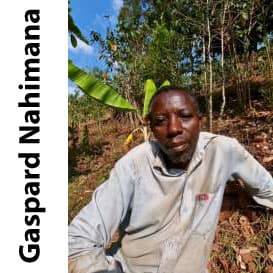
Kigini Hill
Kigina Hill’s coffee farmers deliver cherries to Migoti’s Kinama Washing Station, started in 2022. Initially producing only natural coffee, the station expanded in 2023 with a wet mill and other facilities. The 2024 season marks their first washed coffee production. Two microlots from Kigina Hill yielded 2,760 kg of green coffee in 2023, with Lot 55’s distinct flavor keeping it separate.
Gaspard Nahimana, a leading farmer from Kigina Hill, began his coffee journey in 2015, inspired by a former Burundian President. Farming at 1,730 meters, Gaspard’s 3,800 trees help fund his children’s education, including university fees. Aiming for 5,000 trees, he hopes his children will inherit his passion for coffee farming.
Details of Burundian Kigini Hill
Transparency Information
| Sourced from | Migoti via Zuka Trading |
|---|---|
| FOB price | Pending |
| Cupping score | 85 (ours) |
| Producer / Organisation | Migoti coffee co-operative |
| Lot size bought | 2 x 60kg bags |
| Relationship | We have had a working relationship with Dan Brose, the co-owner of Migoti since 2019. This is our fifth season dealing with Dan, who visits us when he is in Cape Town. |
Images
From Dan Brose – Migoti coffee, Image with Zephyrin and Pontien taken at Mogiti event in Cape Town, photographer Cuth Bland.
Sources:
- James Hoffman’s World Atlas of Coffee.
- Migoti Coffee’s website and coffee information.
- Wikipedia.
- Editing assistance by Microsoft Co-Pilot.


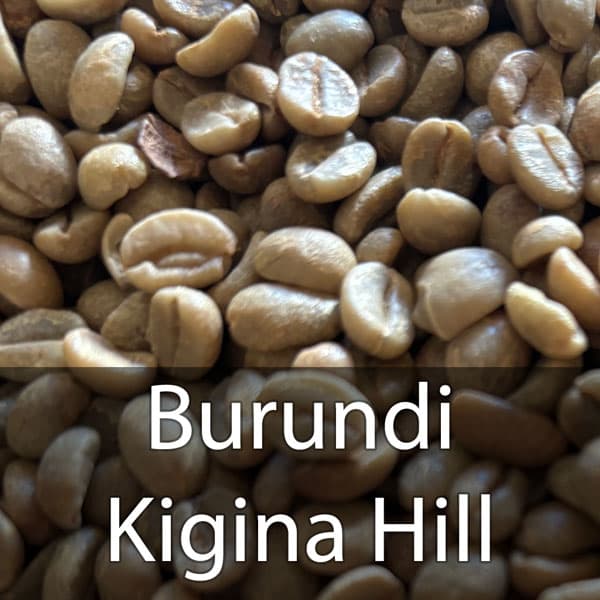
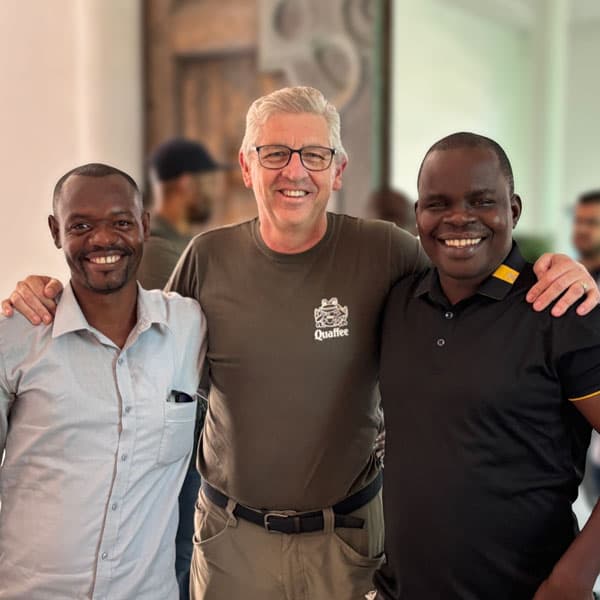
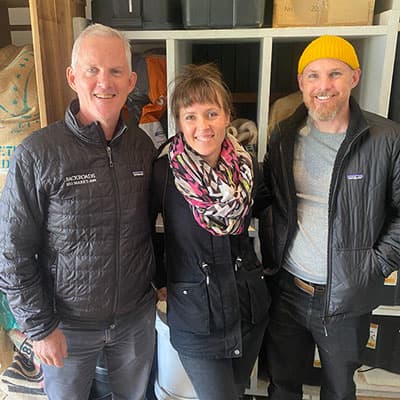
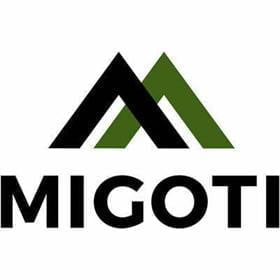
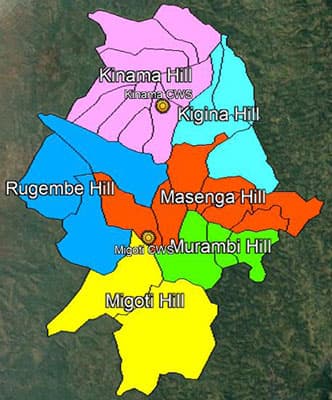
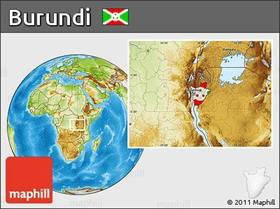
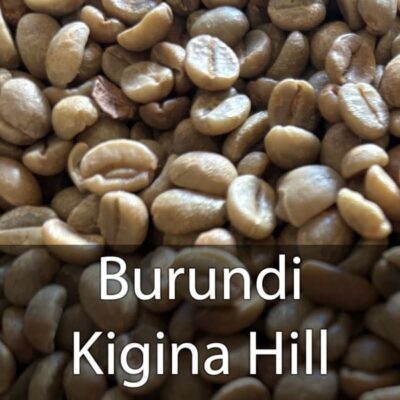
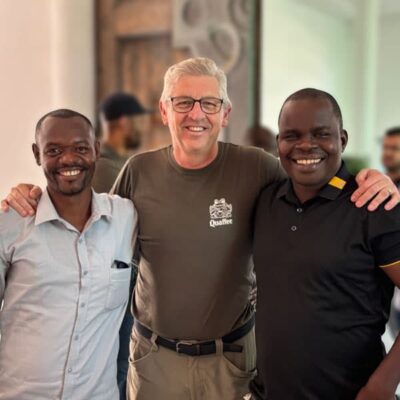
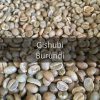
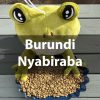
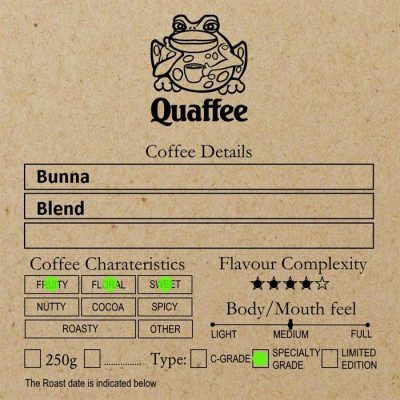


Reviews
There are no reviews yet.